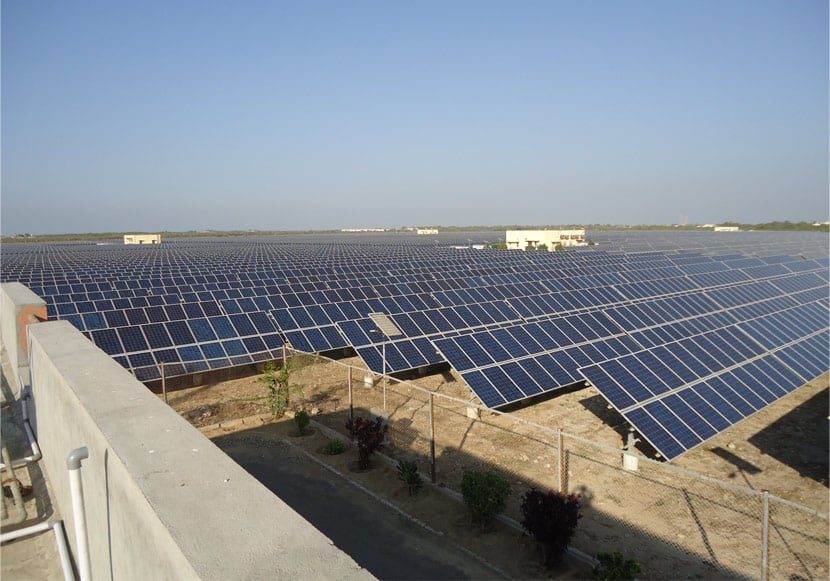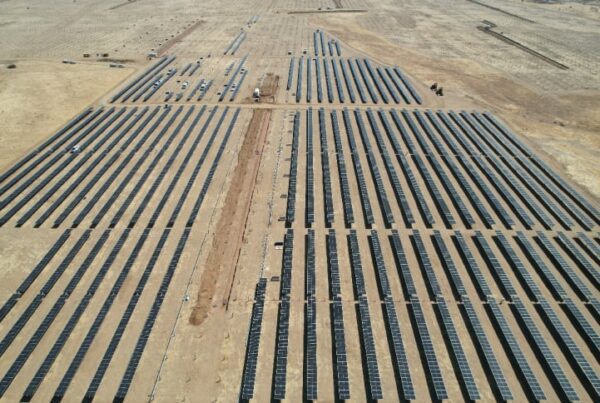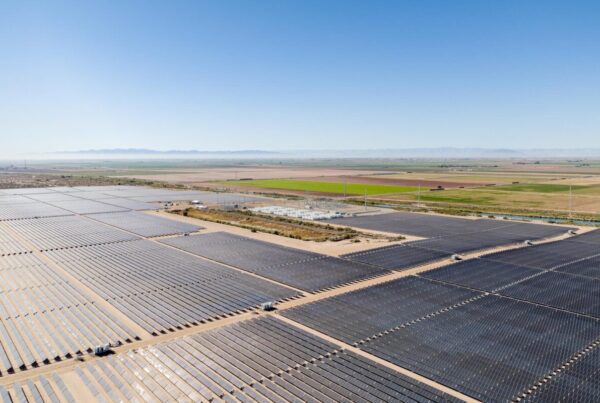
TP Solar noted that the new plant would produce both tunnel oxide passivated contact (TOPCon) and passivated emitter rear contact (PERC) products, but did not specify the relative manufacturing capacity for each technology.
“We are immensely proud to launch this advanced solar manufacturing facility, which is a testament to Tata Power’s commitment to building a sustainable and self-reliant India,” said Dr Praveer Sinha, CEO and managing director of Tata Power. “Not only does it showcase innovative technology, but it also plays a crucial role in community development by creating job opportunities, with 80% of the workforce comprising women.”
Support for Indian solar manufacturing
The news comes as India has sought to incentivise greater domestic production of a number of renewable energy products, including solar cells and modules. The government announced support for 48GW of module manufacturing capacity under its production-linked incentive scheme in 2023, and this week the government launched a ‘National Manufacturing Mission’ to further domestic manufacturing.
A report from market analyst Crisil Ratings concluded that the inclusion of solar cells and modules in this week’s mission would provide “the necessary impetus” to deliver on this goal. The analyst also noted that India’s solar cell manufacturing capacity alone could be as high as 55GW by the end of the 2027 financial year, a massive increase from the 10GW of capacity in operation as of the end of the 2024 financial year.
Tata Power is just one player looking to take advantage of this push for greater domestic manufacturing; last week, Jupiter Renewables announced plans to build a US$231 million cell and module manufacturing plant in India, with an annual production capacity of 4.2GW and 3.6GW, respectively.
The forecast growth in the Indian manufacturing sector comes as tensions grow between the US and China, where escalating tariffs on solar goods, in particular, could pose a threat to the global solar supply chain. The work of Tata Power and Jupiter Renewables, for instance, contrasts to that of fellow Indian manufacturer Premier Energies, which this week paused plans to build a solar cell manufacturing plant in the US due to uncertainty over federal support for manufacturing projects.






